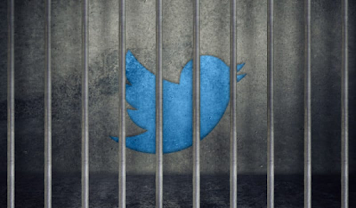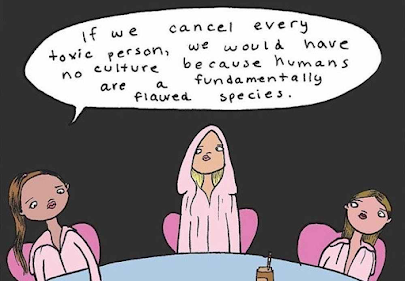It's all over the news. As a European citizen, and currently in my social media full-immersion mode, not sharing this information with my FSU class was not an option.
A few days ago, Twitter decided to withdraw from the EU (European Union) Code of Practice on Disinformation. The Code has been created in 2018 and gathers around 30 volunteer entities such as Meta, Google, Mircosoft, TikTok, NGOs and fact-checkers. As its name implies, its goal is to prevent and act against disinformation online and thus through social media. As of the end of August, every online platform will have to respect the Digital Services Act (DSA), including the fight against disinformation. If social platforms do not play by the rule, they might encounter issues ranging from fines (up to 6% of their total revenue) to a banishment from the European Union.
The news raised intense debates among French journalists, with some very relevant questions related to the status of social media in our societies. Among other things, here are the concerns and reflections mentioned on TV last night:
The DSA plans to ban social media that won't take action against misinformation or cyberbullying. But is it even possible to ban social media in democratic societies?
If a social platform like Twitter is banned from the EU, how journalists will be able to keep doing their jobs, as Twitter is a key element in the way people communicate with each other and inform themselves, and thus represents a key source of information in a wide range of topics.
Based on the influence of Twitter on economic and political matters (among other things), should Twitter be treated like a social platform, or can it be compared to an independent state with its own rule?
While witnessing those debates, one point was not clear to me: why did Twitter's owner decide to withdraw the platform from the Code in the first place? By digging online, I read that Elon Musk did not want fact-checkers to do the job but rather expected Twitter's members to self-regulate and manage the risks of disinformation by themselves. Based on that information, it sounded that Elon Musk did not want to encourage disinformation but rather expect the problem to be solved "internally".
Based on our previous discussions and readings, the dark side of social media should not be overlooked. As such, the Hive Mind, the risk of developing a "universal" mindset through our use of social media, and the strong influence of controversial public figures are all parts of our reality when joining online communities.
Which raised the last question of my post: is it relevant for social media to self-regulate and play by their own rules? Or should there be external, "independent" regulators to protect people from others and even from themselves?
I don't know if that news was something important in the US or wherever you are right now, but I'll be curious to hear/read your thoughts on that matter!
Source: https://www.phonandroid.com/internaute-condamne-2-mois-prison-ferme-tweet-raciste-ministre.html


Hi Marion,
ReplyDeleteThis is a very interesting topic. I don't think self-regulation is sufficient. Not all people are capable of self-regulation. There is a limit to our knowledge, and without external oversight for verification there could be a lot of disinformation. I think about simple things like neuromyths, an erroneous belief about how the brain works that is held by a large number of people. We need objective third parties weeding out fact from fiction. Even those of us who try to ensure the facts are real can fail at it.